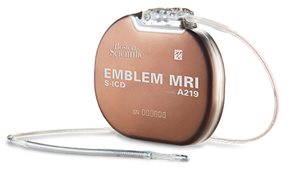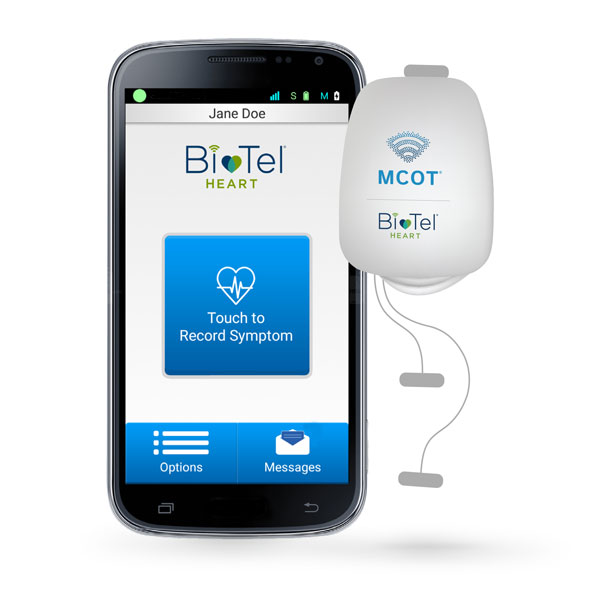
“This device can provide a level of reassurance to those who live in fear of having another stroke and we believe Reveal LINQ is likely to be a cost-effective use of NHS resources.” “It may mean fewer hospital visits for those with atrial fibrillation reduce the need for rehabilitation and mean patients are reassured that AF will be detected in a timely manner so treatment can begin. Meindert Boysen, director of the NICE Centre for Health Technology Evaluation, said: “This is an innovative monitor which has the potential to reduce the number of strokes suffered by those with atrial fibrillation. It also transmits data back to the patient’s doctor via a mobile network. The device is around a third of the size of a AAA battery and is implanted under the skin in the chest. The Reveal LINQ monitor, developed by Dublin-based Medtronic, identifies more people have atrial fibrillation after a stroke with no identified cause, or a transient ischaemic attack (TIA), commonly known as a 'mini-stroke'. The monitors – which cost £1,800 – can detect atrial fibrillation (AF), a condition which causes an irregular and often abnormally fast heart rate. You may want to save or print these questions and take them with you to your next doctor’s appointment.According to draft guidance from the National Institute for Health and Care Excellence (NICE), the devices could prevent hundreds of strokes in people who have a high risk of suffering more.

Your doctor may recommend continuous heart monitoring to assist in diagnosis of health conditions, including:Ĭardiac Monitoring for Condition ManagementĪtrial fibrillation (or AFib) is a common condition in which the upper chambers of the heart beat very fast and irregularly. Cardiac monitoring is used to either identify or rule out a heart rhythm disorder and to determine the right course of treatment.

Your doctor may suspect that health concerns, such as unexplained fainting or an unexplained stroke, may be related to your heart. Cardiac Monitoring to Support a Diagnosis Depending on your situation, your doctor may recommend heart monitoring. Continuous heart monitoring is useful for capturing irregular heartbeats that happen infrequently - in some cases, you may not even feel any symptoms. Advanced technology makes it possible for your doctor to get information about your heart without interrupting your life.


 0 kommentar(er)
0 kommentar(er)
